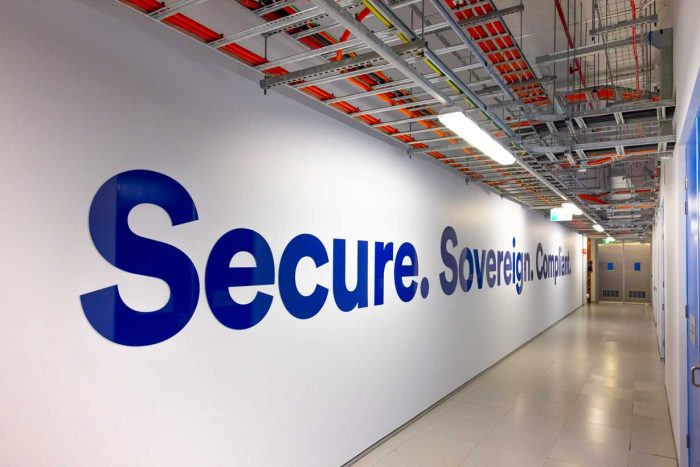The unsung hero of our new digital world
If I were to ask you which industry was upholding our lives the most during lockdown, what would your answer be?
Hopefully, and most likely, it would be the hospital and emergency services personnel who are working tirelessly to stem the spread of the virus and treat those infected.
You might also mention the online retailers who are delivering all manner of items from their warehouses to our doorsteps to bring a measure of joy and convenience to our lives.
Perhaps you’d give a shout out to the teachers charged with imparting knowledge to the professionals of tomorrow while contending with the challenging trifecta of scattered classes, poor internet connections and varying levels of concentration.
On and on the list of people goes who are worthy of our respect and admiration. People who are each day pooling their grit and motivation to keep industries moving along, individuals connected and the effects of the virus at bay.
But there is an often-overlooked industry that’s working tirelessly behind the scenes to maintain and expand our activities during this time. A sector that touches and uplifts each of the industries mentioned, enabling their meaningful work to be completed without interruption.
Yes, I’m talking about the Data Centre industry.
Data centres are the facilities that house our information, and the servers that reside within them provide the backbone of our digital existence. Every time we check in to a Zoom workout, book a vaccination or buy groceries online, the secure facilities that store our information become a hive of activity; both providing and producing vast quantities of data.
As you can imagine, this is especially the case during lockdowns, when our reliance on the internet grows and traffic to sites is significantly higher than it normally is.
To begin our look at the considerable amounts of data people tap into and create each day, we only need to consider the now ubiquity of the word ‘Zoom’. Video conferencing software is enabling us to engage in all manner of activities, from remote work and trivia nights with friends to yoga sessions and catch-ups with our loved ones in other regions.
The repetition of our daily lives during lockdown has also seen Australians seek out wellness programs at unprecedented rates – programs that operate primarily in the online world. Clinical psychologist Dr Addie Wootten, who runs the application Smiling Mind, says that apps with daily meditations and mindfulness exercises have spiked considerably during this round of lockdowns as people seek solutions to manage their wellbeing.
Employers are also rolling out applications to encourage their staff to stay on top of their mental health while working remotely. Local app HOAP has been adopted by workplaces across Australia and features daily check-ins to monitor sleep, physical activity, and stress levels. Every time an employee completes their daily survey, data is created that employers can analyse to intervene with support measures when necessary.
A glance at any apartment block lobby or post office around Australia will lend credence to large amount of online shopping going on around the country. Just this week, online shopping had risen to such a point Australia Post paused postal services to return the record volumes to a safe and manageable level.
E-purchases generate a wealth of data, starting with the customer information generated when they browse and purchase certain items and extending to the warehouses that process and dispatch the products. Organisations are increasingly automating their supply chains and relying on analytics to determine the fastest routes to get products to consumers. This is a process that can only work through access to a wealth of data.
Digital technologies are also assisting with the public health and safety response to the COVID-19 virus. For instance, to enforce social distancing measures and communicate with the public, police officers are relying on mobile data tracking apps and CCTV networks fitted with facial recognition features. Those in the healthcare profession are leveraging artificial intelligence (AI) and making use of large data sets to do everything from trace contacts of cases and analyse medical imaging from suspected cases to forecast the effectiveness of public health strategies.
I could go on, but the picture is clear.
Almost every activity in our digitally led lives both produces and relies on a huge amount of data. Data that needs to be stored both securely and efficiently so there are no interruptions to our daily activities.
At Macquarie Data Centres, we’ve invested more than $200 million into our Data Centre Campuses across Sydney and Canberra to ensure the steady beat of Australia’s virtual existence continues, and to provide organisations and individuals with the assurance their data is stored and managed locally in secure and sovereign facilities.
Most recently we announced the development of Intellicentre 3 Super West in our Macquarie Park Data Centre facility in Sydney. This data centre will be our biggest on the campus yet and brings the total IT load to 50 MW.
Our projects and investments will continue to ramp as Australia and the world navigates their way out of the current quagmire and completes its transition to the accelerating digital economy and marketplace.




